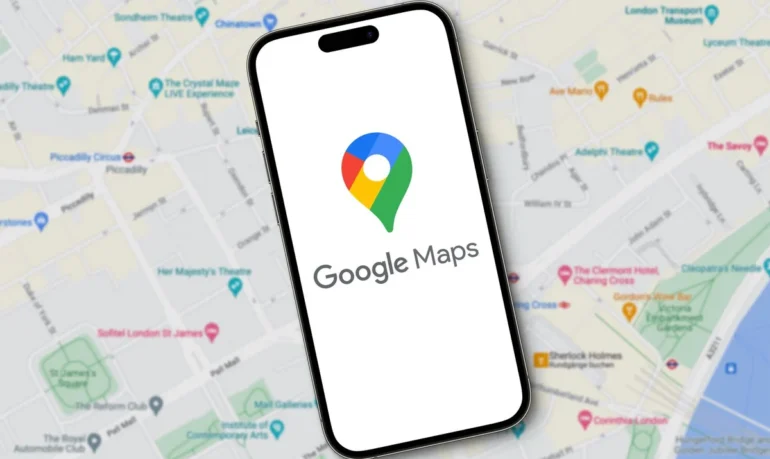TL;DR:
- Google introduces experimental AI feature in Google Maps for personalized local business recommendations.
- AI analyzes data from 250 million places, providing tailored suggestions for businesses, events, dining, and activities.
- Users can refine searches with follow-up questions and save recommendations for future use.
- Early access trial involving Local Guides to gather feedback and improve the AI system.
- Google aims to revolutionize local search with AI, potentially benefiting niche businesses and attractions.
Main AI News:
In a pioneering move, Google has unveiled an experimental feature for Google Maps that leverages the power of artificial intelligence (AI) to deliver personalized local business recommendations. This groundbreaking development is poised to redefine how users discover and interact with businesses and attractions in their vicinity.
AI-Powered Discovery
At the heart of this innovation lies the integration of large language models that delve into Google Maps’ extensive database, comprising data on over 250 million places, complete with photos, ratings, reviews, and more. This formidable AI-driven system empowers Google Maps to provide users with tailored suggestions based on their specific requirements.
Upon initiating a conversational search query, Google Maps springs into action, furnishing users with personalized recommendations for a wide array of businesses, events, dining options, and leisure activities available in the local area. For instance, users can simply ask Maps to suggest “places with a vintage vibe in San Francisco,” and in response, it will present an array of options, such as clothing boutiques, record stores, and flea markets.
Comprehensive Results
What sets this feature apart is its comprehensive nature. The results are not merely names and addresses; they are enriched with photographs and review highlights that elucidate why they align with the user’s specified criteria. Furthermore, the system allows users to refine their search by posing follow-up questions like “How about lunch?” – this prompts Maps to deliver recommendations for eateries boasting that sought-after vintage ambiance. Users can even save their preferred recommendations into lists for future reference.
Weathering Changes and Group Dynamics
One of the notable aspects of this AI-powered tool is its adaptability to changing circumstances. For instance, users can inquire about “activities for a rainy day,” and Google Maps promptly offers indoor options tailored to the current weather and location. Additionally, it caters to group dynamics, where families, for instance, can request “options for kids,” resulting in a curated selection of child-friendly places, including children’s museums, arcades, and indoor playgrounds.
Early Access Experiment With Local Guides
Google is taking a measured approach to introduce this feature, seeking feedback from a select group of Local Guides during its initial preview phase. Their valuable input will play a pivotal role in fine-tuning this AI technology before it is made available to a wider audience.
Transforming Local Search
This innovative move by Google represents a significant stride in integrating generative AI into Maps, reshaping the landscape of local business discovery. By synergizing the capabilities of large language models with the vast expanse of Maps’ database, Google aspires to provide ultra-personalized recommendations that cater to every conceivable need or interest.
Implications for Local Search
The implications of this advancement are profound, with the potential to channel a more qualified stream of traffic towards niche businesses and lesser-known attractions and events. As Google continues to refine its AI capabilities, businesses are likely to adapt by optimizing their online information to rank prominently in conversational searches, thereby harnessing the full potential of this transformative technology.
Conclusion:
Google’s AI-driven local business recommendation feature in Maps signifies a significant shift in how users discover and interact with businesses. This innovation has the potential to reshape the local market landscape, driving more qualified traffic to lesser-known establishments and underscoring the need for businesses to optimize for conversational searches.

